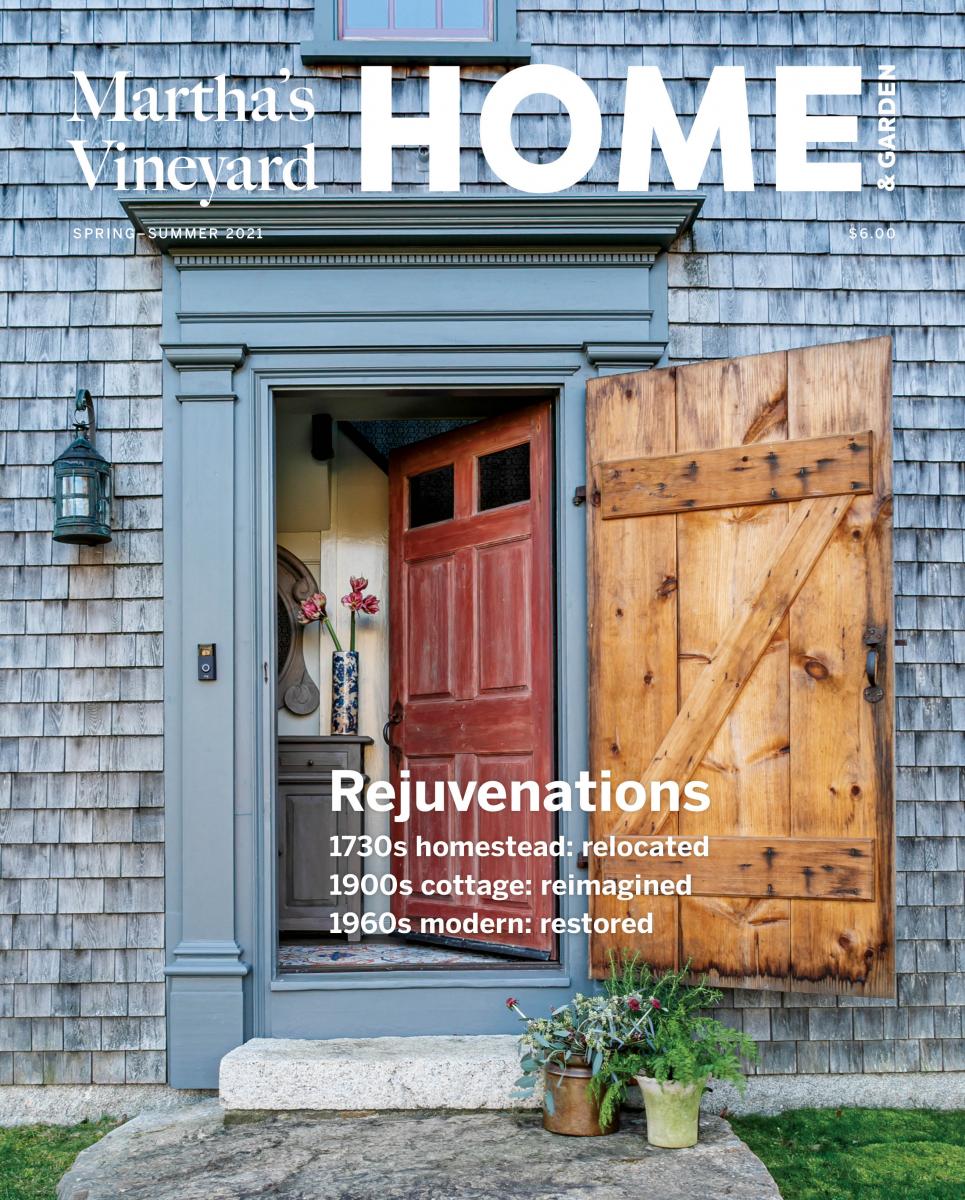 The Martha’s Vineyard Commission recently published its 2020 Martha’s Vineyard Housing Needs Assessment, a roughly sixty-page document crammed with tables and statistics that illustrate how difficult it is to afford housing on the Island if you can’t afford housing on the Island. It’s the same as it ever was, the report pretty much concludes, only worse than ever.
The Martha’s Vineyard Commission recently published its 2020 Martha’s Vineyard Housing Needs Assessment, a roughly sixty-page document crammed with tables and statistics that illustrate how difficult it is to afford housing on the Island if you can’t afford housing on the Island. It’s the same as it ever was, the report pretty much concludes, only worse than ever.
No one was surprised by the finding, any more than anyone who follows the local news was surprised at the outpouring of commentary across the spectrum after the Vineyard Gazette ran a story on the report. More than one commenter pointed out that we read some version of this story every year. Another faction riffed on the theme of how they worked and scrimped and saved to buy a place on the Island in the 1970s and “didn’t ask for a handout.” Others in that vein substituted different decades of arrival, or added the universal Island bona fide of “born and raised here.” Develop the state forest, said someone. Tax empty houses, said another.
Several talked about how the problem is not unique to the Island and how unaffordable real estate is off-Island: “I have a 2000 sq ft house on the island that cost a fraction of my tiny one bedroom condo in Boston,” said an unfortunate soul with two tax bills and an apparently incurable case of tone deafness. One reader compared the rise in real estate prices to the rise in Audi prices. Someone else complained about people who drive their Land Rovers to the Island Food Pantry.
Hoping to see a chart of Island car preferences compared over time to the median price of homes on the Island, I sat down and read the full report. I cannot explain why. Late-winter madness, I suppose. The sense of déjà vu all over again wasn’t helped by the writers of the report, who in three different places repeated verbatim the assertion that “the Vineyard is therefore losing a part of its traditional community and gaining many more affluent residents during the off-season.” Of course, of course, of course, I nodded each time I read it. Why say it thrice when it’s all we ever talk about?
But look for a definition of that “traditional community” among the charts and paragraphs and you will not find it. The traditional community presumably includes the Wampanoags, who have been resisting displacement by more affluent residents for nearly four hundred years. But beyond that, who’s to say? Traditional seems to mean simply all of us and none of them. Or, put another way, if you have to ask, you are probably not it. That might be the closest thing to a definition we will find: the traditional Vineyard community includes everyone who does not question his or her own place in the traditional Vineyard community.
Don’t get me wrong. The future of the Island is at stake, just as it was fifty years ago when the year-round population increased by nearly 50 percent due to an influx from off-Island of traditional hippies, subdividers, and grown children of summer residents. Or as it was 100 years before that, when the Island’s population waned with the collapse of the whaling and farming economies and affluent Bostonians and others began collecting derelict properties up-Island and down-. Or when the burghers of Edgartown decided to build a summer tourism industry in what became Oak Bluffs.
Inequity in housing – not to mention food – is very real and on the rise, on Island as it is in the rest of the country and the world. We owe it to ourselves as persons of all stripes and privileges who care about the Vineyard to pay attention to the trends and act to help create the kind of community we want to live in. The numbers presented in the commission’s housing needs assessment are sobering and helpful. The clubby shorthand we all use to describe some apocryphal vision of bygone Island authenticity? Less so.



 1 comment
1 comment
Comments (1)